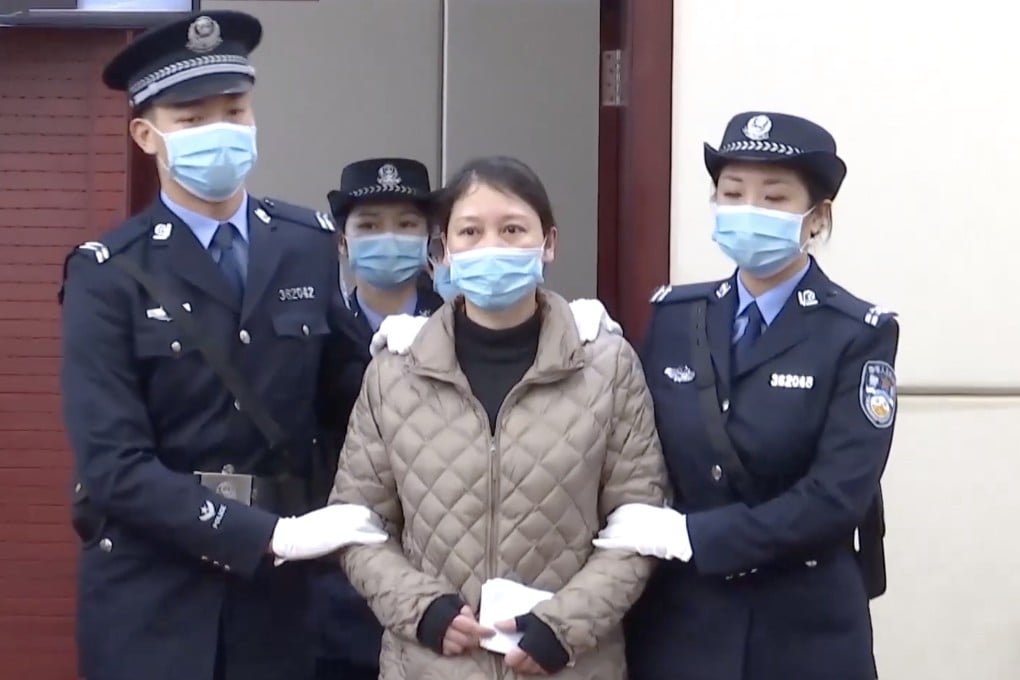Advertisement
Opinion | Lawyer of Chinese woman accused of being a serial killer deserves respect, not accusations of immorality
- The gruesome details of Lao Rongzhi’s case have captivated many in China, and lawyer Wu Danhong’s decision to defend her has only added to the controversy
- Wu and his team deserve credit for taking on the case and defending the rule of law, but instead they have received condemnation and harassment
Reading Time:3 minutes
Why you can trust SCMP
1

Like millions of Chinese, I have become obsessed with the case of Lao Rongzhi, who has been called China’s most notorious female killer. Together with Fa Ziying, a gangster, she was accused of kidnapping, robbery and murder in the late 1990s. The duo were allegedly behind the death of seven people, including a three-year-old girl.
Fa was arrested and executed in 1999 while Lao fled and lived under fake identities for 20 years before being caught. In 2021, she received a death sentence from the Nanchang Intermediate Court in Jiangxi province. She appealed the verdict, but a high court upheld the original sentence last November. Now her case is being reviewed by the Supreme People’s Court in Beijing.
The case has shocked and fascinated the nation. Social media has latched onto its gruesome details as well as the twists and turns of Lao’s defence team. Wu Danhong, a renowned lawyer based in Beijing and an expert on criminal evidence, decided to defend Lao in the final stage of the trial.
The latest development was the appearance of a new witness in mid-February, thanks to the efforts of Wu and his team. This unidentified witness said he had rushed from Hunan to Jiangxi during the second trial, intending to be a witness, but Jiangxi policemen detained him and prevented him from appearing in court.

This witness, who ran an open-air restaurant in Shenzhen, said he saw gangster friends of Fa brutally control young women. He thus found it easy to believe that Lao had also been controlled by Fa. Wu’s central argument is that Lao is a victim herself as she was manipulated and used by Fa, and that she had never intentionally killed anyone.
Advertisement
